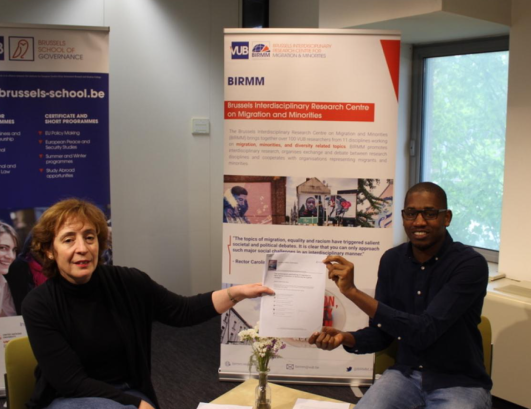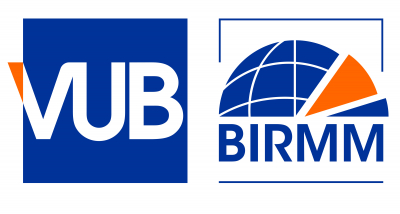
Migration is a very politicized topic in the EU, but how is it viewed in African countries? Explore this award-winning BIRMM publication to uncover how West African nations, and in this case the Gambia, address migration in their political agendas.
How do West African policymakers frame migration, and why? What has the politicization and framing of migration in the Gambia looked like over the past decade, and what role does the country’s democratic transition play in its cooperation on migration with migrant receiving countries? In this insightful paper BIRMM-member, Omar N. Cham and BIRMM co-director Ilke Adam delve into 129 Gambian newspaper articles addressing the topic of migration in the time period from 2009 to 2020 to reveal how migration is discussed and politicized. Their analysis focuses on whether migration cooperation became politicized with the transition to democracy in 2016 and how different actors frame their positions.
Discover how the shift to democracy did not primarily result in a shift in policies, but rather in a transformation of migration politics focused on a key sub-topic: cooperation on forced returns with migrant-receiving states. Democracy brought more voices into the conversation, leading to more debate and different justifications for supporting or opposing migration policies, especially cooperation on forced returns. The authors explain how policymakers in the Global South struggle to balance the needs of international donors and their own voters.
The authors also emphasize that alongside economic and political interests, the painful colonial history of EU–Africa relations is crucial in explaining migration policymaking in West Africa.
Click on the following link to read the full publication: https://www.tandfonline.com/doi/full/10.1080/21622671.2021.1990790
